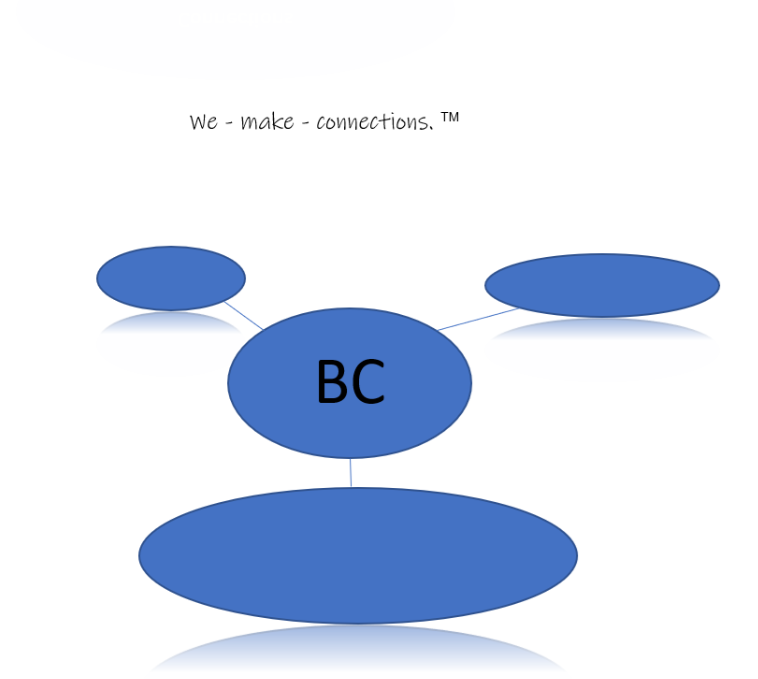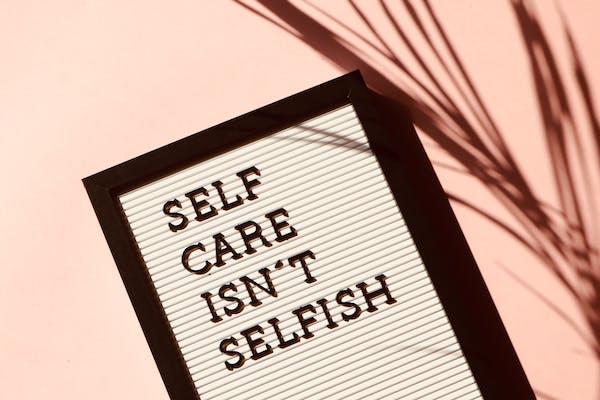Mental Health Tips & Resources for Community College Students
Photo Credit: Pixels.com
Submitted by: Sheila Brooks, Content Marketing Manager
Mental Health Tips & Resources for Community College Students
Getting caught up in the classroom cycle is a state of being that’s all too familiar for community college students. Packing your schedule with class credits definitely gets you closer to your degree goals, but it can also seriously take a toll on mental health, and potentially lead to indulging in unhealthy coping mechanisms. Staying balanced at school is key for keeping your mind in check, especially while in recovery mode.
Prioritize Break Time
It’s easier said than done, and too often they’re forgotten, but taking regular breaks is so important. Whether you’re deep into a multiple-hour study session or marathoning back-to-back lectures, prioritizing a break schedule will keep your mind sharp when handling hefty tasks. Try working for 30 minutes to an hour straight, then taking a 10- to 20-minute break to refresh your head.
Let Your Body Move
You can boost your break times by getting your body up and moving. Studies have shown that running for just 15 minutes a day or walking for one hour a day reduces your risk of developing major depression by 26%. With how mental health affects addiction, it’s clear that adding body movement to your weekly college routine is a significant player in keeping your mind healthy.
Put exercising into daily practice by taking the leisurely route back and forth between classes, or even leaving campus to take a stroll through a local park. If you’re living with reduced mobility, you can try seated stretches, or even work with low-weight dumbbells.
Fuel With Good Food
Let’s face it: The typical college diet often leaves good nutrition by the wayside. Convenience foods like microwave dinners and packaged snacks are common quick-grab choices, but they can be loaded with inflammatory ingredients that keep you stressed and hungrier than before. Not to mention the stereotypical college temptation to binge drink to relieve stress or celebrate.
Keep your brain happier and fueled for a day of classes with real foods that satisfy those cravings. Try pairing a crunchy veggie, like carrots or celery, with protein-packed peanut butter for a functional and tasty snack. For balanced meals, pair your favorite protein with cooked frozen veggies, top with savory sauce, then serve over rice or pasta.
Enroll in Hybrid Classes
Not every community college has this option, but some students can highly benefit from enrolling in online or hybrid classes. Those who work better from the comfort of home can rejoice in learning on your laptop. Hybrid classes are a great alternative for college students who feel drained or uncomfortable working around large groups of people. While hybrid classes still often require group interactions over a video call or discussion boards, this option is very freeing for students with busy schedules and symptoms of anxiety.
Catch Enough Zzz’s
Getting enough sleep is unquestionably connected to better mental health, in the community college lifestyle and beyond. Sufficient sleep schedules have been linked to improved memory function, mood, general mental processing, and more. Aim for sleeping at least seven hours every night to keep your body and mind in optimal health for that busy college routine.
Reach Out for Support
Finally, it’s important to remember that there are always people and systems of support to help you when times get tough. If you find that negative mental health is affecting your performance at community college, don’t be afraid to reach out to these networks. Call up a friend to vent and plan an activity together, or consult a mental health professional on/off campus for expert guidance.
Navigating the community college experience is a challenging yet rewarding lifestyle to lead. When students prioritize finding a balance between positive mental health and collecting class credits, a successful college lifestyle is just around the corner.

